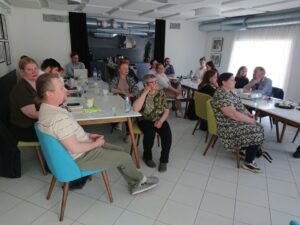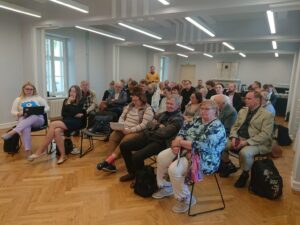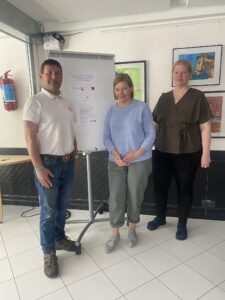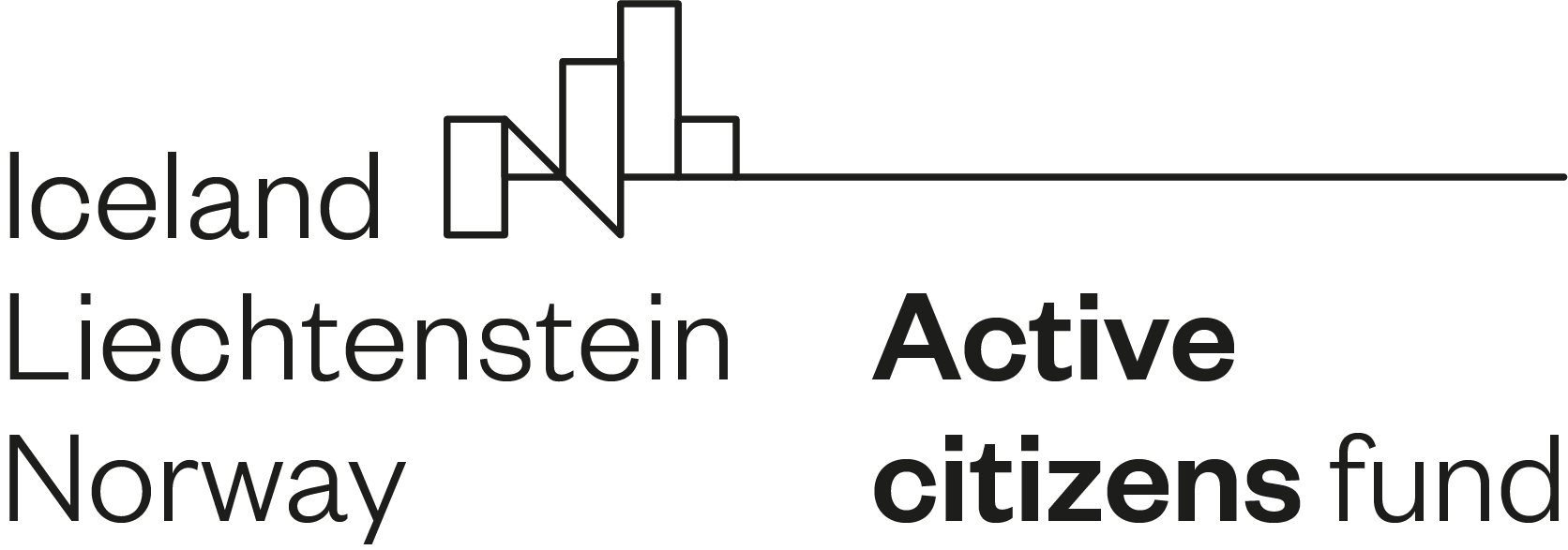
Empowering Finno-Ugric Communities in Estonia
Speakers of Finno-Ugric languages such as Hungarian, Finnish and Sapmi are found spread out across Europe – they are very much diverse. In Finland and Estonia, Finno-Ugric speakers constitute the majority of the population and enjoy associated perks. In Russia however (as has been the case in Norway and Sweden), Finno-Ugric speakers find themselves marginalized and their culture repressed. Many had to move westwards to Estonia when it was part of the USSR but integration in the majority culture was not a given.
The ongoing Russia-Ukraine war has had a significant impact on the Finno-Ugric minorities living in Estonia with Russian ties. An Active Citizens Fund project led by the Estonian Fenno-Ugric Institute in collaboration with the Norwegian NGO, Pikene på Broen, is trying to help the process along.
The Linguistic and Political Barriers
As people with Russian citizenship and ties, the community have been particularly vulnerable to propaganda and ideological manipulations propagated by the Putin regime. There are two main obstacles that stand in the way of the integration of Russian-origin Finno-Ugric speakers into the majority Estonian culture.
Firstly, the language remains a barrier. The Finno-Ugric languages are a broad, often quite loosely related, group of languages. The community of Russian-origin Finno-Ugric speakers in Estonia includes a plethora of them. They are not always mutually intelligible, let alone with Estonian.
Secondly, they often retain close cultural ties to Russia. They read and watch Russian-language media emanating from the country. This already posed problems before the invasion of Ukraine, but now puts them completely at odds with the Estonian majority culture – fervently pro-Ukrainian. Estonian authorities are additionally cautious about individuals with Russian passports.

Norwegian Input
The Norwegian partner Pikene på Broen are based in Kirkenes, Norway. Kirkenes also shares a border with Russia, making for some of the same challenges. A large Russian speaking diaspora live in the town. Business, culture and politics also have close ties to the eastern neighbour. That is why the Pikene på Broen are travelling to Estonia to share their own experiences and to learn about the work done in Estonia.
Trauma, propaganda and inclusion
The project strategically positions Finno-Ugric communities as “watchdogs” in spreading objective information about the ongoing war. The partners work to give the community the means to resist Russian narratives and propaganda.
They acknowledge the hardships these communities have faced and provide them with a special seminar on trauma and crisis management. They also offer training in communication and media literacy, so people can better recognize biased information. As a cultural touch, a concert presenting and celebrating Finno-Ugric music has been arranged too. The project description notes that in the end, it will hopefully lead to better integration into Estonian society and generate interest in obtaining Estonian citizenships.

Empowering the Local Community
We are excited to see a project that targets media literacy and propaganda among minorities. By sharing personal experiences in cross-border cooperation, the project provides valuable insights for the Estonian community.
The project also honours how the Finno-Ugric communities have played an important role in shaping the cultural diversity of Estonia – as their languages and traditions continue to be an important part of Estonia’s cultural heritage.
Want to read more? Find the project description here.
Interested in bilateral cooperation? Check out our list of open calls here. Looking for a partner? Find one in our database here.
